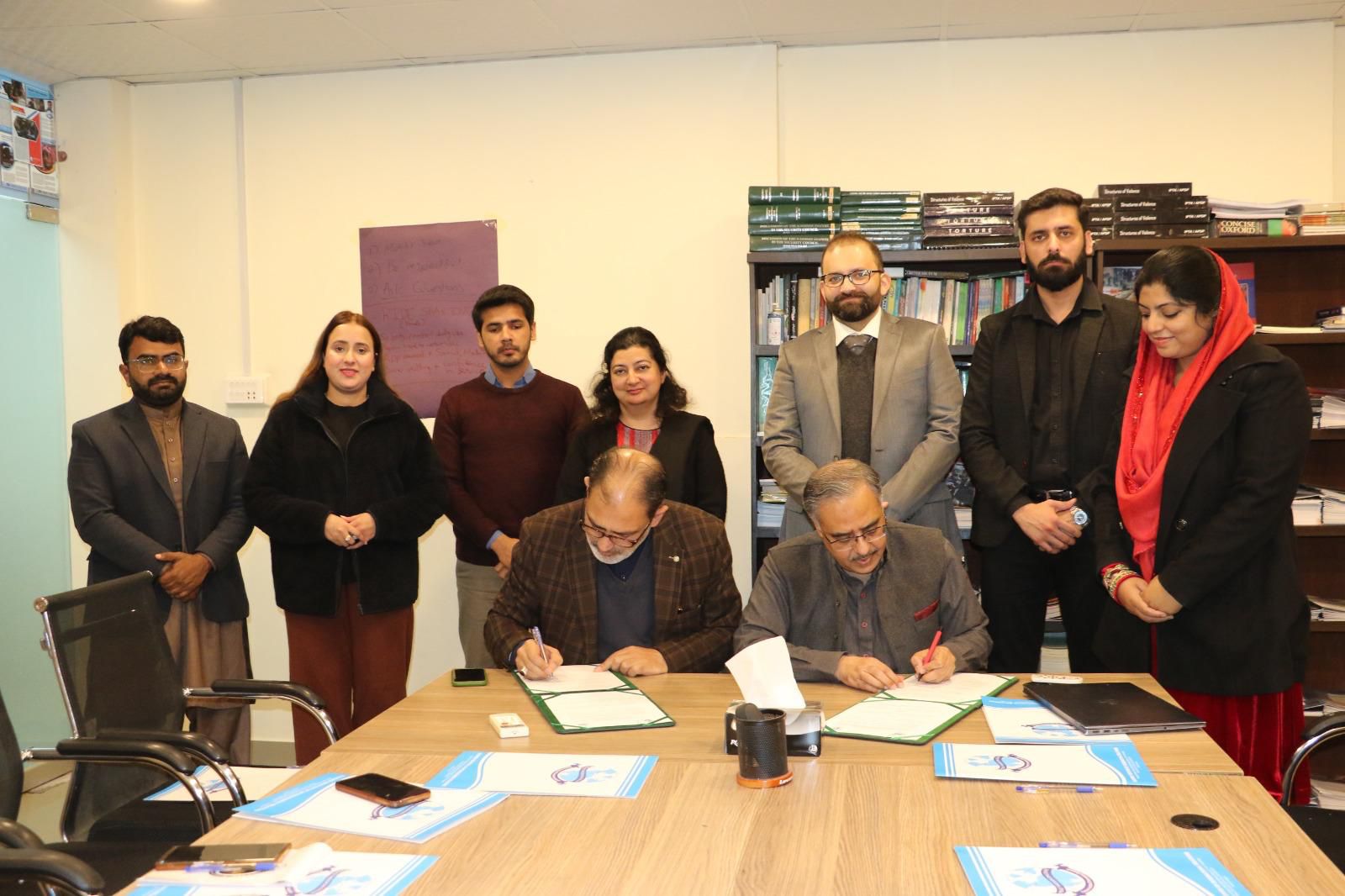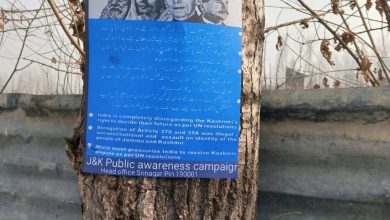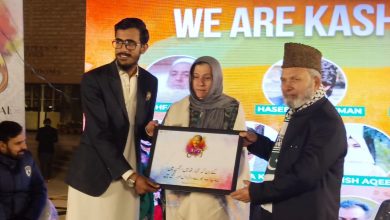ISSI, KIIR sign MoU to boost global advocacy on Kashmir dispute

Islamabad: The Institute of Strategic Studies Islamabad (ISSI) has signed a Memorandum of Understanding (MoU) with the Kashmir Institute of International Relations (KIIR) to strengthen efforts in raising global awareness about the Kashmir dispute and promoting its just resolution.
According to Kashmir Media Service, the MoU aims to enhance policy-oriented research, foster dialogue, and upscale advocacy initiatives aimed at the international community. The two institutes have committed to collaborating on joint activities that will focus on strategic advocacy and human rights issues in Indian illegally occupied Jammu and Kashmir.
Altaf Hussain Wani, Chairman of KIIR, briefed the ISSI delegation about the structure and operations of KIIR. Over the past 30 years, KIIR has produced numerous research papers, reports, and articles, and has consistently engaged with the United Nations Office of the High Commissioner for Human Rights. The institute has established deep connections with international NGOs, UN bodies, and global media outlets, and remains a vital source of research for government departments and think tanks.
Wani emphasized that KIIR’s core objective is to advocate for conflict resolution through strategic dialogues and to actively promote international human rights issues, particularly in Geneva. He also highlighted the institute’s outreach programs designed to empower the next generation of Kashmiri leaders.
Ambassador Sohail Mahmood, Director-General of ISSI, stressed the significance of institutional collaboration, particularly the MoU between ISSI and KIIR. While the two organizations have previously collaborated, Ambassador Mahmood underscored the need to deepen and expand their joint efforts. He reiterated that it is crucial to continue monitoring the situation in IIOJK, documenting human rights abuses, and advocating for a peaceful solution based on sound evidence and international law.
Mahmood reaffirmed that the peaceful resolution of the Kashmir dispute remains a cornerstone of Pakistan’s foreign policy. He called for the engagement of universities, civil society organizations, and the youth to raise awareness about the Kashmir cause, especially among the next generation. “This issue is not about territory. It is fundamentally about the inalienable right to self-determination,” he stressed, adding that the historical, moral, and legal foundations of the Kashmiri case are irrefutable.
Both organizations will now work together to conduct joint advocacy activities, focusing on enhancing global understanding of the Kashmir dispute and its path to resolution.








